Video
 Two intergenerational restaurants explore questions of authenticity, tradition, and identity within the Los Angeles neighborhood.
Two intergenerational restaurants explore questions of authenticity, tradition, and identity within the Los Angeles neighborhood.
Published August 1, 2019
From an iconic Korean pub struggling to find the balance between American and Korean ideals, to a traditional North Korean cold noodle shop with an aging clientele, this documentary captures the stories of businesses attempting to define themselves within a neighborhood that is changing in multiple fronts—from urban development to shifting racial demographics.

Our story begins with Sam Oh, the owner of Ham Hung—a North Korean cold noodle restaurant that began in 1985. Their signature dish is one that is rooted in tradition; the meal even demands a particular ritual: start with hot beef broth to prepare your stomach, and then consume the cold noodles made fresh from potato starch. Most of Sam’s patrons are 60+ in age—pointing to the nostalgic nature of Ham Hung.
Yelp is a frequent issue for the restaurant, as younger generations often don’t understand the simplistic flavors of the dish—something Sam blames on a younger generation’s palate for processed, sweeter foods.
“Maybe they like the other type where they use artificial flavor and frozen noodle […] but that’s not what tradition is. Tradition is you make it from scratch, that’s how we’ve been doing it for so long.”
— Samuel Oh, Ham Hung
Sam stays optimistic. He values tradition and is glad it’s something that his children will know, even after Ham Hung is no longer around.

Justin Lee is the son of the owner of OB Bear, a traditional Korean sports pub that began in 1988. Although OB Bear’s iconic fried chicken recipe remains an unchanged staple, Justin, often struggles with where his sense of identity lies. He identifies as more American than he does Korean, and that translates to how wants to see the business being run.
“I consider myself American more than I consider myself Korean, and I definitely want to see a change to a more American set of standards. I feel like that shift is going to be the hard part for us.”
– Justin Lee, OB Bear

Steve Kang is the Director of External Affairs at Korean Youth & Community Center (KYCC). Kang grew up coming to Koreatown every weekend, he’s seen the community radically change—becoming a hotbed for luxury development projects. His work is rooted in assisting small business owners to adapt to the changing landscape of Koreatown—from adapting menus to signage to speak to a larger audience, to using social media to further build awareness. However, he hopes to consumers of Koreatown are keen to experience Koreatown in a more authentic form.
“I hope that as we are evolving as Koreatown here in LA, we don’t adapt American tastebud per se, keep really our authentic flavors, but really draw in and educate the customer about why this tofu soup or kimchi stew or barbque tastes as it is. I think there is a large clientele that will enjoy the food in its current form.”
– Steve Kang, Korean Youth + Community Center
Aditi Mayer and Kitty Hu are 2019 Voices Students. Aditi Mayer is a Los Angeles based freelance photojournalist. She is a graduate of UC Irvine’s Literary Journalism and International Studies program. Kitty Hu is a third-year student at the University of California, Los Angeles, double majoring in film and international development studies. They were edited by Brian Nguyen, Associate Managing Editor at The Tylt.
UC Irvine
University of California, Los Angeles
Video
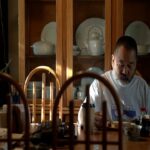
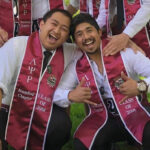


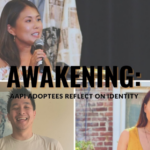
Atlanta 2019



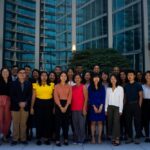
Apply
Become a fellow or editor
Donate
Support our impact
Partner
Work with us as a brand
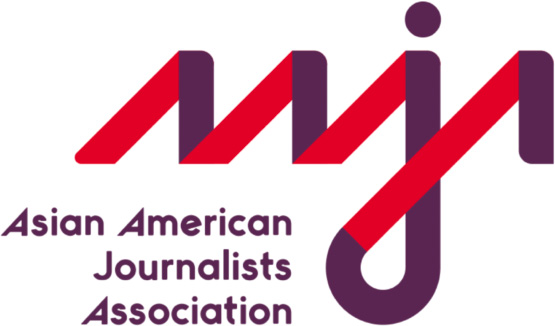
The Asian American Journalists Association (AAJA) is a membership nonprofit advancing diversity in newsrooms and ensuring fair and accurate coverage of communities of color. AAJA has more than 1,500 members across the United States and Asia.